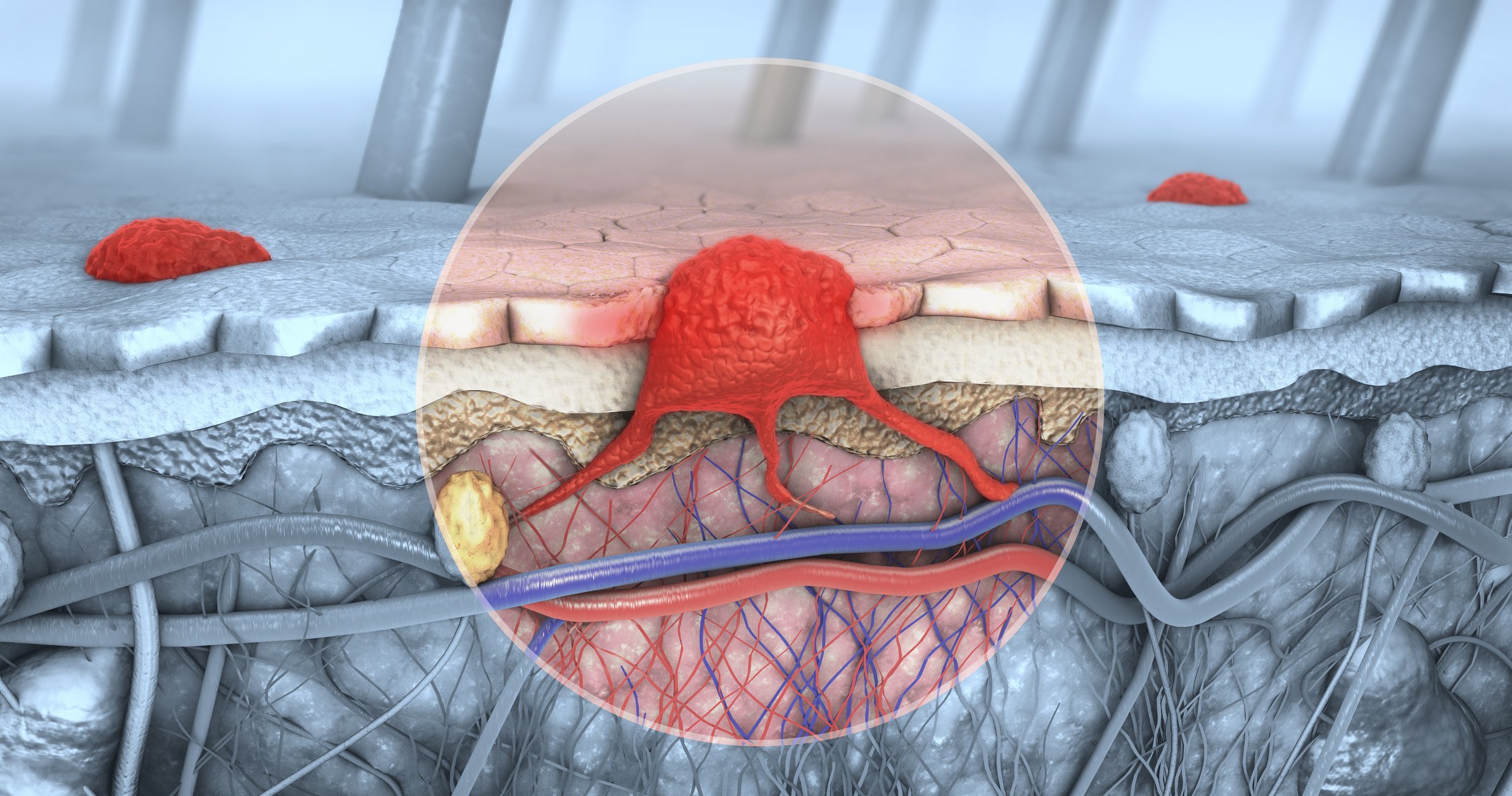Screening colonoscopies are associated with great health benefits. This has been scientifically proven. If intestinal polyps are detected and removed in time, the risk of a malignant intestinal tumor can be significantly reduced. Fewer screening colonoscopies were performed after the first wave of the corona pandemic, and the proportion of patients with advanced-stage tumors increased. Since the availability of corona vaccination, colorectal cancer screening measures are again increasingly used.
Since its introduction about 50 years ago, colonoscopy has become an important tool in the prevention and diagnosis of gastrointestinal diseases, including colorectal tumors. Preventive colonoscopy is particularly aimed at removing the not yet malignant colorectal cancer precursors, the polyps, even before a malignant tumor develops. In Germany, colorectal cancer mortality decreased by almost 21% in men aged 55 years and older and even by more than 26% in women of this age group in the first ten years after the introduction of statutory colorectal cancer screening, according to Prof. Ulrich Rosien, MD, Chairman of the Endoscopy Section, Senior Physician at the Medical Clinic, Israelitisches Krankenhaus Hamburg, on the occasion of the DGVS Conference “Visceral Medicine 2021”. [1,2].
Decrease in preventive examinations – Increase in advanced tumors
Worldwide, it has been observed that more and more younger people are developing colorectal tumors. Against this background, the age limit for screening colonoscopy has already been set at 50 years in Germany and Switzerland. Recommendations from the American professional association now see the age limit at 45 years of age. However, the covid 19 pandemic has led to limitations in the performance of colonoscopic screening [3]. Since the outbreak of the novel coronavirus, the pandemic has been the dominant health issue, and medical care has been focused primarily on managing the coronavirus crisis. This has led to certain limitations in other medical areas, including the need to reschedule non-urgent surgeries during the first phase of the pandemic. For example, during the first wave of the pandemic, there was a decrease in screening and visceral physicians were shocked to find in the summer of 2020 that the proportion of patients with more advanced diseases, including malignant tumors in particular, had increased compared to the pre-pandemic period, explains Prof. Rosien [1,2].
Covid vaccination has eased the situation – more screening colonoscopies again
Already after the first pandemic wave, the German Society for Gastroenterology, Digestive and Metabolic Diseases (DGVS) made it its task to publicly counteract this negative development in the field of tumor disease prevention, reports Prof. Rosien. From the experience of the first wave, major potential uncertainties related to the SARS-CoV-2 pandemic have already been resolved [1,2].
- Preventive medical examinations and, in particular, preventive colonoscopy can be performed safely for patients and medical staff even during the pandemic, provided that hygiene measures are observed.
- Medical practices and hospitals have prepared for the new situation in an exemplary manner with structured action processes that are continuously implemented.
- “The whole thing was supported this year by the fact that we became more confident about vaccination,” Prof. Rosien said. Vaccination this year has further reduced the likelihood of SARS-CoV-2 infection, especially for at-risk groups and the elderly, as well as medical personnel.
This has helped to reduce any safety concerns and has led to more patients seeking screening again. Of course, the other corona protection measures will also be maintained so that the greatest possible safety can be guaranteed overall [1,2]. Patients can benefit greatly from technical innovation, artificial intelligence in diagnostics and highly specialized interventions that can be offered in the field of gastroenterological endoscopy, emphasizes Professor Rosien.
Congress: DGVS Visceral Medicine 2021
Literature:
- “Colorectal cancer screening during and after the pandemic – what have we learned? What is important now?” DGVS Statement, Ulrich Rosien, MD, DGVS, Visceral Medicine 2021, Sept. 13-18, 2021.
- DGVS: Press Conference, Ulrich Rosien, MD, DGVS, Visceral Medicine 2021, Sept. 13-18, 2021.
- Cadoni S, et al: Covid-19 pandemic impact on colonoscopy service and suggestions for managing recovery. Endosc Int Open 2020; 8(7): E985-E989.
- Keane MG, Johnson GJ: Early diagnosis improves survival in colorectal cancer. Practitioner 2012; 256(1753): 15-18, 2, PMID: 22988701.
- NHS, Overview – Bowel Cancer, NHS www.nhs.uk/conditions/bowel-cancer (last accessed 05.10.2021).
- Doubeni CA, et al: Effectiveness of screening colonoscopy in reducing the risk of death from right and left colon cancer: a large community-based study. Gut 2018; 67: 291-298.
- World Health Organization (WHO): Cancer Fact Sheet www.who.int/news-room/fact-sheets/detail/cancer, (last accessed 05.10.2021).
- American Cancer Society. Can Colorectal Polyps and Cancer Be Found Early? www.cancer.org/cancer/colon-rectal-cancer/detection-diagnosis-staging/detection.html (last call 05.10.2021)
- Bechtold ML, et al: Optimizing bowel preparation for colonoscopy: a guide to enhance quality of visualization. Ann Gastroenterol 2016; 29: 137-146.
- Brenner H, Stock C, Hoffmeister M: Effect of screening sigmoidoscopy and screening colonoscopy on colorectal cancer incidence and mortality: systematic review and meta-analysis of randomised controlled trials and observational studies. BMJ 2014; 348: g2467.
- Baxter NN, et al: Association between colonoscopy and colorectal cancer mortality in a US cohort according to site of cancer and colonoscopist specialty. J Clin Oncol 2012; 30: 2664-2669.
- Swiss cancer screening, www.swisscancerscreening.ch/de/krebs-frueherkennung/darm/darmkrebsfrueherkennung-in-zahlen (last accessed Oct. 05, 2021).
- NICER – National Institute of Cancer Epidemiology and Registration, www.nicer.org (last accessed Oct. 05, 2021).
- Krebsliga Schweiz, www.krebsliga.ch/krebs-vorbeugen/praevention-und-frueherkennung/frueherkennung/darmkrebs (last accessed 05.10.2021)
HAUSARZT PRAXIS 2021; 16(10): 46-47 (published 10/27-21, ahead of print).
InFo ONCOLOGY & HEMATOLOGY 2021; 9(5): 35-36.














